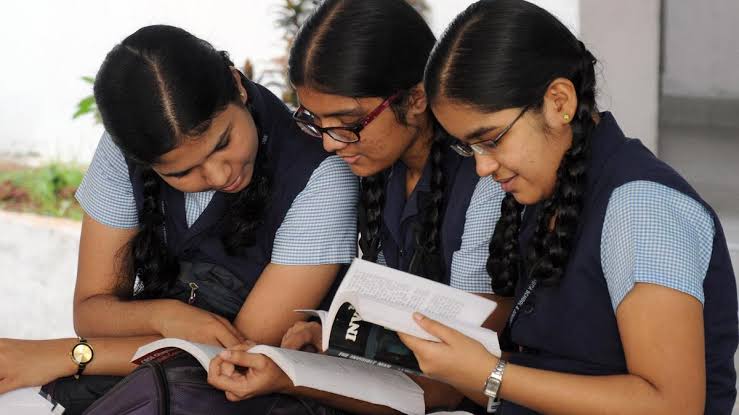Historians condemn key deletions from NCERT textbooks
New Delhi: Up to 250 historians from leading Indian and foreign universities across India have issued a public statement against changes made in textbooks issued by the National Council of Educational Research and Training (NCERT), which include dropping of entire chapters on history of Mughal courts, references to the 2002 communal riots in Gujarat, the Naxalite movement, and mention of Dalit writers. The educational institutes include Indira Gandhi National Open University, Jadavpur University, Delhi University, University of Hyderabad, Columbia University, and Princeton University.
“The recent decision of the NCERT to drop entire chapters from the history textbooks for Class 12, as well as from other classes and to delete statements from other textbooks is a matter of deep concern. Using the period of the pandemic-cum-lockdowns to argue that there was a need to lighten the load of the curriculum, the NCERT initiated a contentious process of dropping topics like the fight for equality from social science, history, and political science textbooks of Classes 6 to 12,” says the statement.
It further says that the new editions of these NCERT books have simply made the deletions the norm even when we are in a post-pandemic context in which school education has limped back to normalcy and is no longer in the online mode. In this light, it is deeply troubling that a chapter on the Mughals has been deleted from part-II of the history textbook for Class 12, while two chapters on modern Indian history have been removed from part-III of the history textbook. “There has been no attempt to consult members of the teams that had prepared the textbooks, which included historians and schoolteachers, apart from members of the NCERT. The books were developed through a process of consultation and wide-ranging discussions. This was valuable not only in terms of content, but also in terms of pedagogy, which ensured an organic unity and a graded development in understanding from the middle to the senior school,” it adds.
The selective deletion in this round of textbook revision reflects the sway of divisive politics over pedagogical concerns.
The chapter titled ‘Kings and Chronicles: The Mughal Courts (c. sixteenth-seventeenth centuries) has been deleted from part-II of the history textbook. “This is despite the fact that the Mughals ruled several parts of the subcontinent for a substantial period: making the history of these times an inseparable part of the subcontinent’s history. In medieval times, the Mughal empire and the Vijayanagara empire were two of the most important empires in the Indian subcontinent, both of which were discussed in the previous textbooks,” the statement explains.
‘Communal undertones’
It further says, “In the revised version, while the chapter on the Mughals has been deleted, the chapter on the Vijayanagara Empire has been retained. The exclusion exposes the wider communal undertones, based on an inaccurate assumption about India’s past — that the religion of the rulers was the dominant religion of the times. This leads to the deeply problematic idea of a ‘Hindu’ era, ‘Muslim’ era, etc. These categories are uncritically imposed on what has historically been a very diverse social fabric,” it says.
Moreover, two very important chapters have been deleted from part-III on Modern India, namely, ‘Colonial Cities: Urbanisation, Planning and Architecture’ and ‘Understanding Partition: Politics, Memories, Experiences’. Also significant is the deletion of any mention of the role of Hindu extremists in the killing of Gandhi. For example, in the chapter titled ‘Mahatma Gandhi and the Nationalist Movement’ in part-III of the history textbook the reference to Nathuram Godse being “the editor of an extremist Hindu newspaper” has been expunged.
“The chapters deleted from the history textbook are precisely those which do not fit into the pseudo-historical schema of the ruling dispensation. Excising any period from the study of the past would make students unable to comprehend the connecting thread of the past with the present times, and would deprive students of an opportunity to connect, compare and contrast the past and the present, and would disrupt the organic inter-connectedness of the subject-matter of the discipline,” the statement adds.
Furthermore, removing entire periods of history from history textbooks would not only perpetuate misconceptions and misunderstandings, but would serve to further the divisive communal and casteist agenda of the ruling elites. Apart from deletions in the history textbook of Class 12, there are several deletions from the history textbook of Class 11, which includes very essential themes like the industrial revolution, inter alia. There are also deletions from the textbook for political science, which includes sections on the rise of popular movements, the 2002 Gujarat riots, and the mention of the report of the National Human Rights Commission. Similarly, the reference to the 2002 Gujarat riots has been dropped from the Class 11 sociology textbook ‘Understanding Society’.
“We are appalled by the decision of the NCERT to remove chapters and statements from the history textbooks, and demand that the deletions from the textbooks be immediately withdrawn. The decision of the NCERT is guided by divisive motives. It is a decision which goes against the constitutional ethos and composite culture of the Indian subcontinent. As such, it must be rescinded at the earliest,” the statement appeals.
As part of what has been called “syllabus rationalisation”, the NCERT had removed certain chapters on the Mughal Empire from class 12 history textbooks. The erased chapters are related to ‘Kings and Chronicles; the Mughal Courts (C. 16th and 17th centuries)’ from the book ‘Themes of Indian History-Part II’.
The Class 12 civics book no longer has these chapters: ‘Politics in India since Independence’, ‘Rise of popular movements’, and ‘Era of one-party dominance’ have been removed.
From Class 11 humanities texts, certain chapters like Central Islamic Lands, Confrontation of Cultures, and The Industrial Revolution have been excised.
From Class 10 politics textbooks, the following chapters have been taken out: ‘Democracy and diversity’, ‘Popular struggles and movement’, and ‘Challenges to democracy’.
References to the Hindu right’s dislike for Mahatma Gandhi and the ban on RSS after Gandhi’s assassination have also been edited out from Class 12 history texts.



Comments are closed.